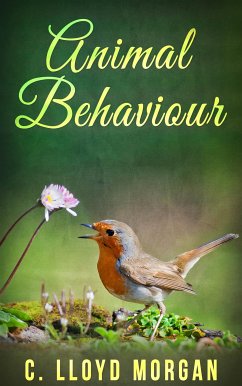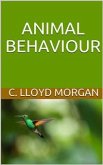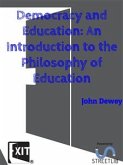My book on “Animal Life and Intelligence” being out of print, I undertook to revise it for a new Edition. As the work of revision proceeded, however, it appeared that the amended treatment would not fall conveniently under the previous scheme of arrangement. I therefore decided to write a new book under the title of “Animal Behaviour.” A few passages from the older work have been introduced, and some of the observations and conclusions already published in greater detail in “Habit and Instinct” have been summarized. But it will be found that these occupy a relatively small space in the following pages.









